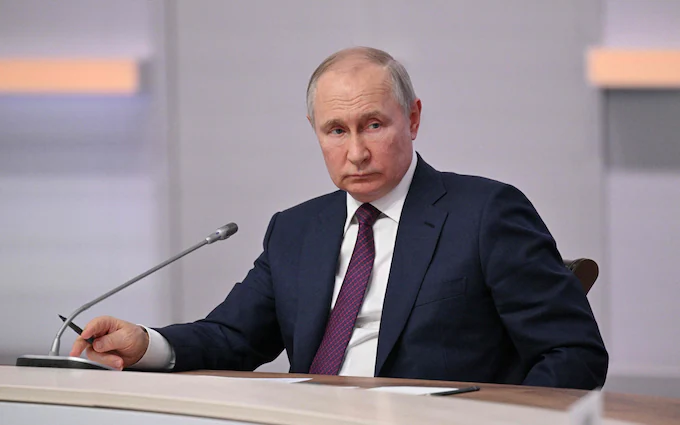By: Alex Tang
On Friday, June 23, Yevgeny Prigozhin, the leader of the Russian paramilitary Wagner Group started an armed rebellion against the Russian government. Earlier that day, Prigozhin had accused the Russian military of deliberately attacking his forces.
In response, the Wagner Group withdrew from Ukraine and took over the Southern Military District and the city of Rostov-on-Don, starting a march towards Moscow. However, on Saturday night, he unexpectedly ordered his troops to stop and return to their field camps, saying that he did not want to shed Russian blood.
As part of a deal negotiated with Belarus, Prigozhin would move into exile there and the charges against him would be dropped. Additionally, all Wagner Group fighters would be granted amnesty.
Even though Prigozhin’s short-lived uprising is over, Putin’s authority remains unstable. Prigozhin has long lashed out against the top Russian military leadership including defense minister Sergei Shoigu, saying that they are elites who do not know or care about what is happening to Russian soldiers in Ukraine. Through his gripping rhetoric and skillful use of social media, he has made himself a household name, and his depiction of the insurrection as a “march for justice,” has appealed to some, if not many, Russians, who are already upset by the “special military operation” that has gone wrong in almost every way possible.
If Prigozhin has made these remarks, why did he stay in power for so long? Firstly, the use of Prigozhin could have been a strategy of Putin to divide his subordinates. In recent years, Putin has moved influence from foreign minister Sergey Lavrov to defense minister Shoigu, using Prigozhin to check Shoigu’s power.
“Putin likes competition, he has liked putting pressure on Shoigu, and enjoyed the theater,” Dmitri A. Muratov, the Nobel-prize-winning editor of the shuttered independent newspaper Novaya Gazeta, said in an interview. “Meanwhile, the elite around Putin don’t give a damn for their country, they’re just afraid for their lives.”
Mr. Prigozhin and the Wagner Group have been immensely beneficial to Russia. Wagner Group has expanded Russian influence across the world, including in Libya, Syria, Mali, and the Central African Republic. Because PMC Wagner is not an official Russian government agency, it allows the Russian government to expand its influence through illicit means while at the same time giving them the ability to confidently deny involvement.
Before the rebellion, Prigozhin was an asset too valuable to be simply thrown away. Now, he may have crossed the line. Prigozhin has become very popular with many ordinary Russians. However, Putin still retains support. Putin uses Western countries’ condemnation of the war and imposed sanctions to further his message that the war is part of a fight against Western aggression.
“The West told Russia that all it has the right to do is yield,” Petr Tolstoy, the deputy chairman of the Duma, the lower house of the Federal Assembly of Russia, said in an interview. “Putin said ‘Enough!’ and that ensures him of popular backing.”
Putin still controls the military, security, and intelligence agencies so well that the biggest threat to his rule in 20 years was suppressed shortly after it started. The Wagner rebellion may be over, but not all is well for Putin.











